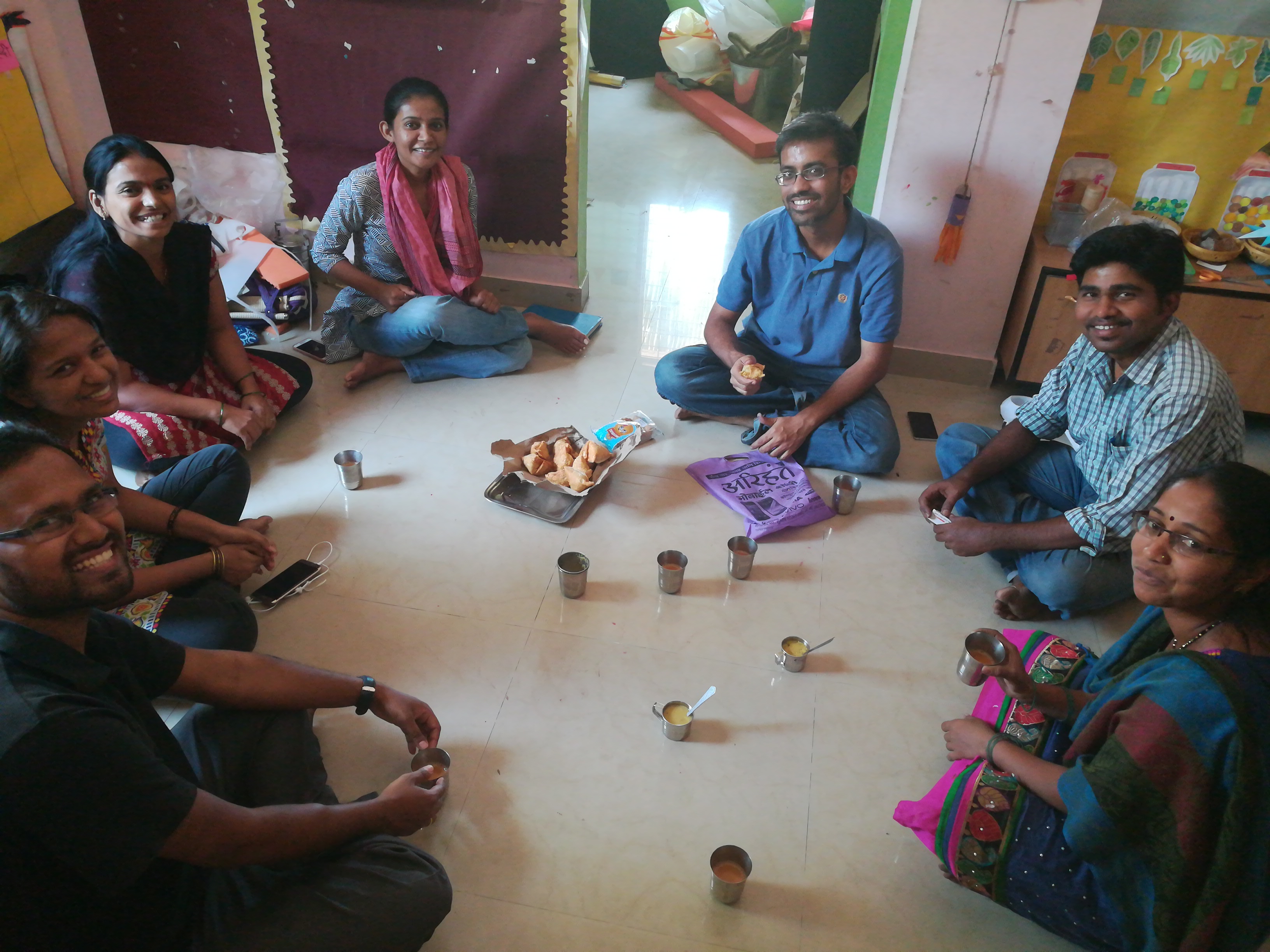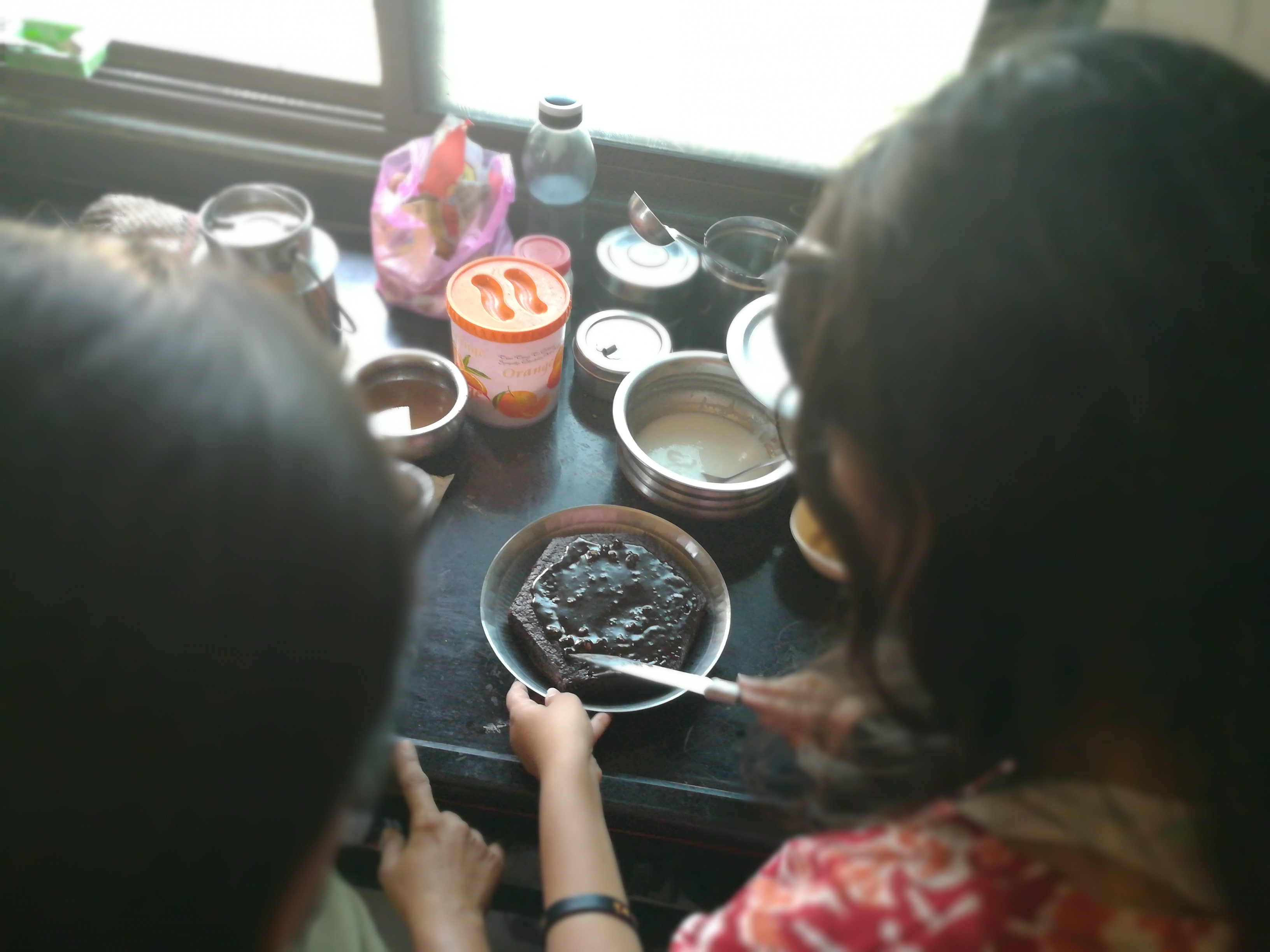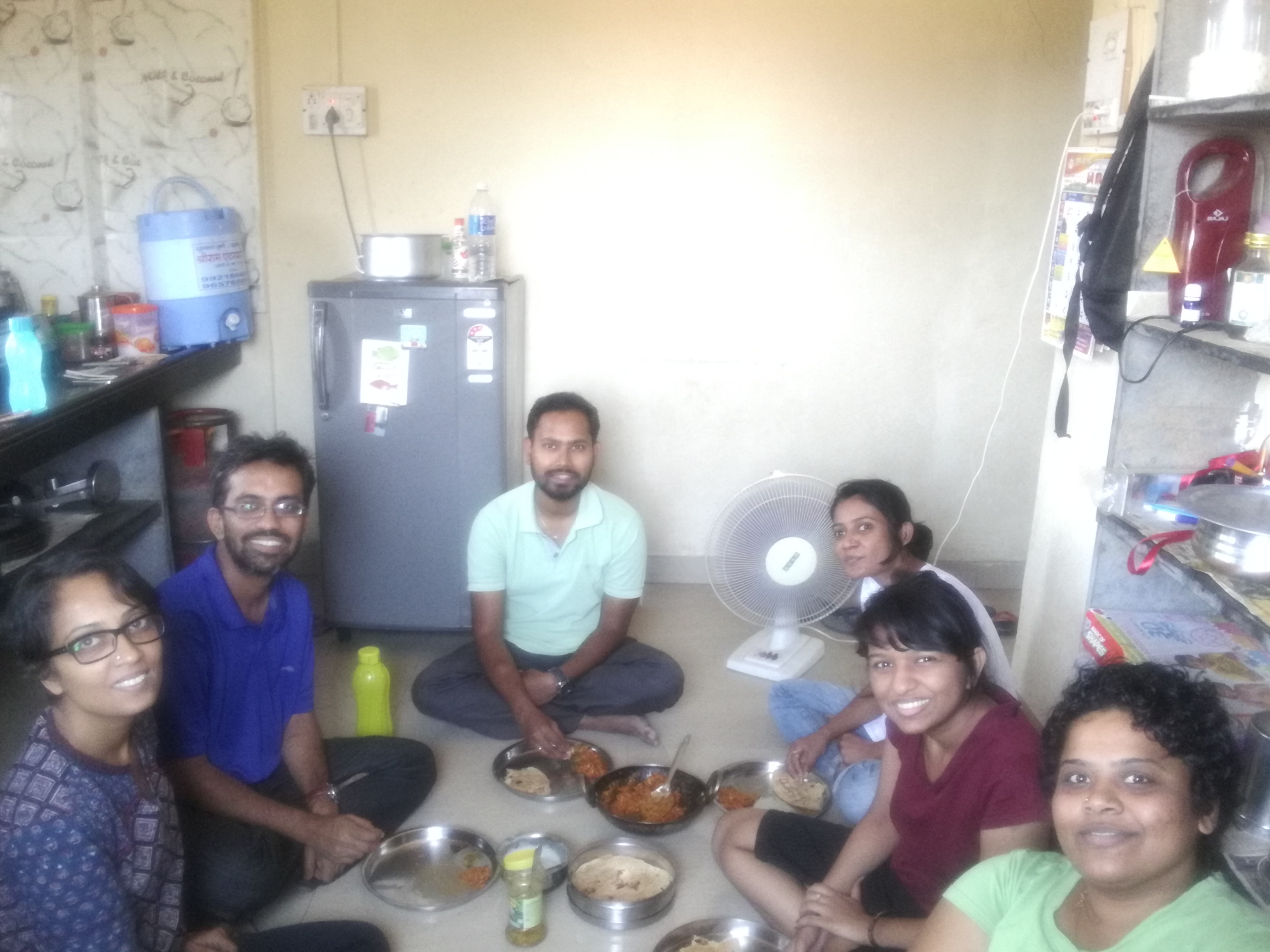At the end of week 2 in What future for education, the one focused on intelligence, I was left ruminating about the differences in teaching styles and learning objectives across institutions, countries and cultures.
I did a quick review of my notes from university on this chapter to re-validate what I remembered. There were extensive notes on the various intelligence test types including Stanford-Binet, Raven’s Progressive matrices and Cattell’s test. There was a huge chapter on differential abilities of learning and how to deal with these differences, everything from exceptional to low ability children. We did extensive practice on preparing lesson plans to cater to multiple intelligences. In the last two years at school, I had not used a single one of these intelligence tests, I had participated in various discussions that segregated children based on abilities, and had prepared many lessons to cater to various intelligence types.
And what did the WFE do? Have a lecture that simply focused on squashing most of these traditional interpretations of intelligence. Professor Stobart wove in various examples of successful people from our lives to prove that factors like opportunities, family drive, teacher willingness and societal culture affect our intelligence extensively. He spoke about an expert learner, and how deliberate practice distinguishes children’s learning more than inherent abilities. Most importantly, he spoke about how customizing our teaching by catering to specific ‘learning abilities’ boxes children and gives them very little scope to move to an zone of higher ability.
What I perceived was for their good
This last aspect was alive for me in school; children admitted through the Right to Education scheme came from socio-economic backgrounds that stripped the context of learning from them entirely. The language and the topics of conversations at home left them feeling alien to the discussions in school. Most of them sat in class staring vacantly back at us, copying copious (yet meaningless) notes from their peers, or looking out the window at the tree, with eyes that yearned for freedom from this cage.
And our solution to this major concern was to give them ability-focused, special education. While the rest of the class learnt identification of continuous and perfect tenses, this class (of ‘low ability children’) learnt spellings for basic 4 letter words. We just conveniently demoted them down two levels because they were not learning at the current level, eventually forcing them down a path that gave them fewer opportunities, lesser learning and a life-long brand.
Tests, Ranks and Exams
My own education over the years has been flooded with tests, exams and ranks. Like the weekly class tests and monthly tests and term-end exams were not sufficient, I even wrote olympiads to see how my learning compared against children in my zone, city, and the country.
Since I managed to stay in the top 3% of the class in most grades, I feel like I wasn’t pressured too much, performance-wise. Of course, the crux of ranks is their relativity and there was always some loophole in them to make you feel miserable and incompetent. If I was a little too ecstatic about a second or a third rank in class, a visit to the ancestral home was sufficient to burst one’s bubble; uncles and cousins would flaunt their perfect records of first rank, right from when they started teething. If I was joyfully dragged my parents in to meet the teacher, fully aware of my second rank ‘victory’, the teacher would highlight the huge marks difference between the first rank child and me, imploring me to study harder the next time.
In the end, I believe that the person that I am today is purely because of that judgement of intelligence over the years of schooling. The final ranks in grade 10 decided where I went to study higher secondary, final marks in grade 12 combined with the ominous rank from the entrance exams decided which university I went to for my under-graduate studies. Which branch I selected was also driven by this, automatically putting my engineering degree below the more worthy ones.
The person that I am today is a culmination of all the experiences over all these years. So, my life, in fact, has been driven by the educational opportunities presented, which were driven by the system’s gauge of my intelligence.
Learner for life?
I definitely consider myself a learner, albeit not an expert learner. I catch myself being curious about a lot of things and with the urge to keep myself appraised with things that excite me. I find myself learning through various mediums and methods, and more often driven by the joy of learning than the outcome or benefits of learning.










